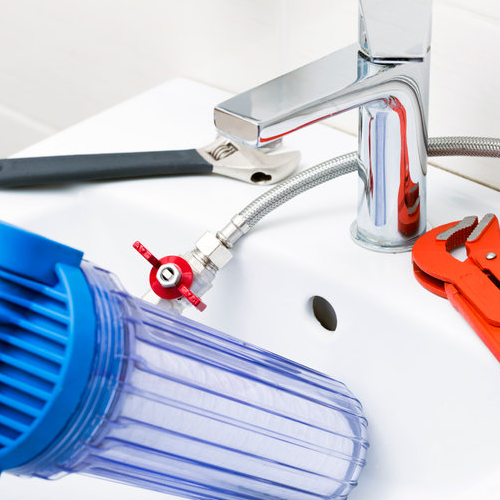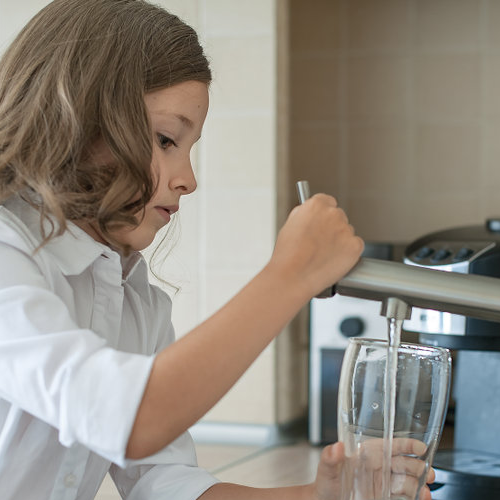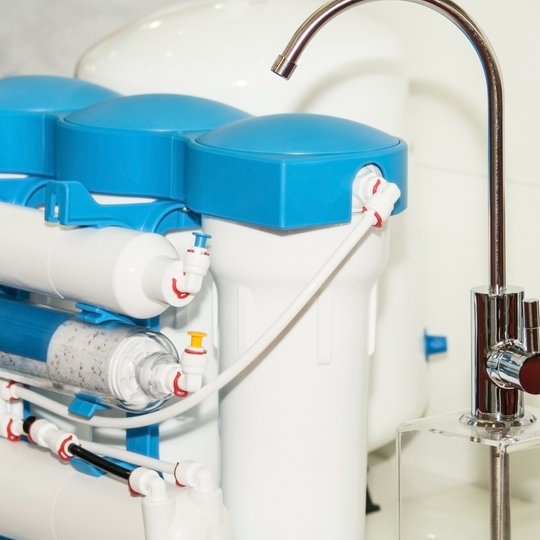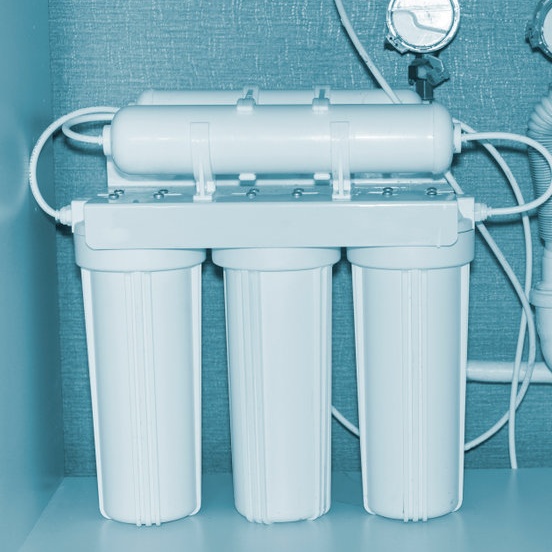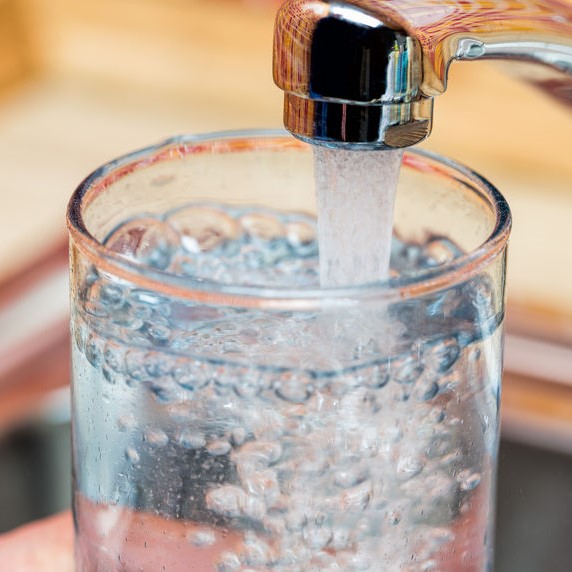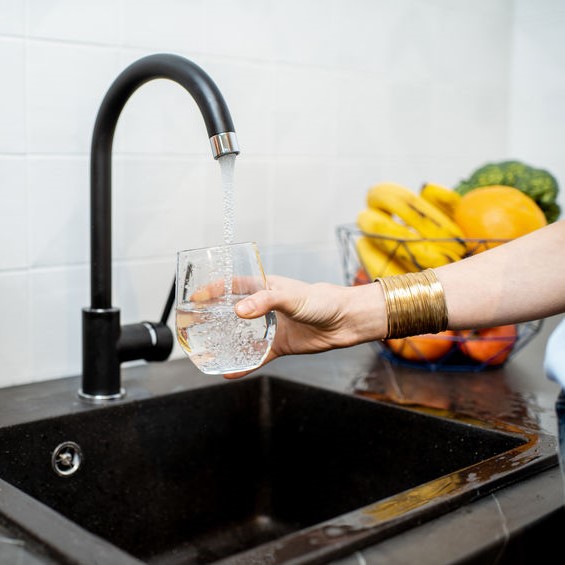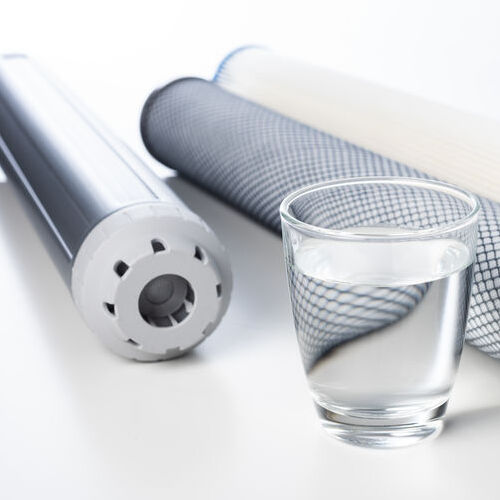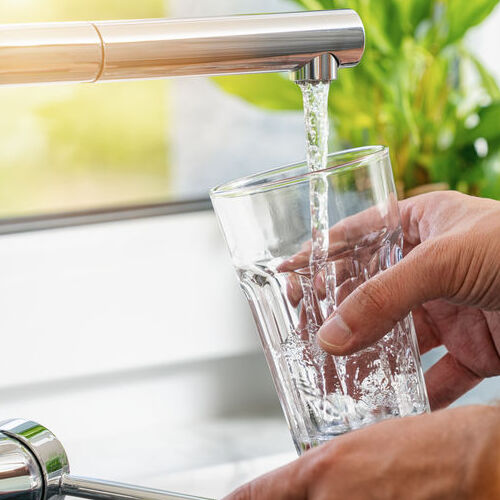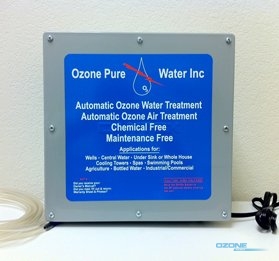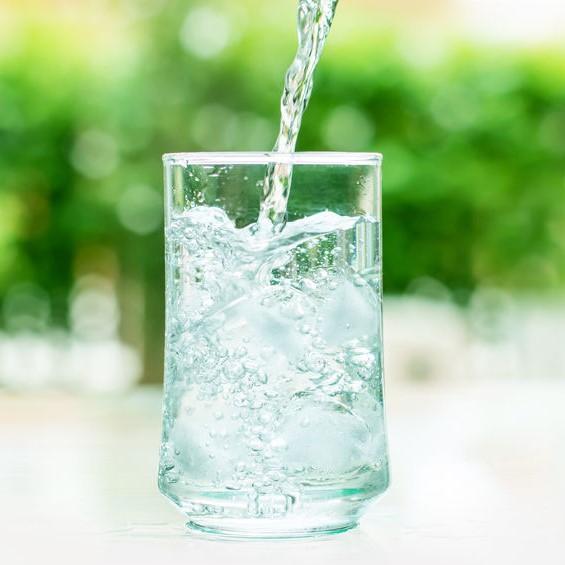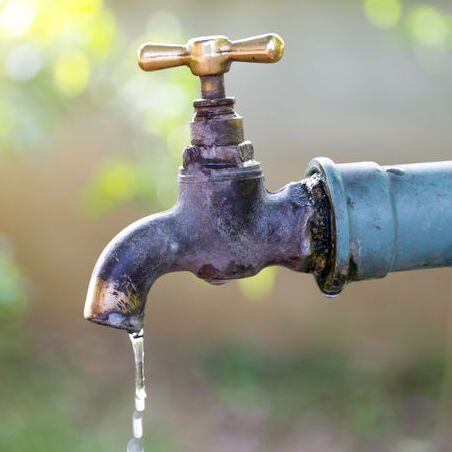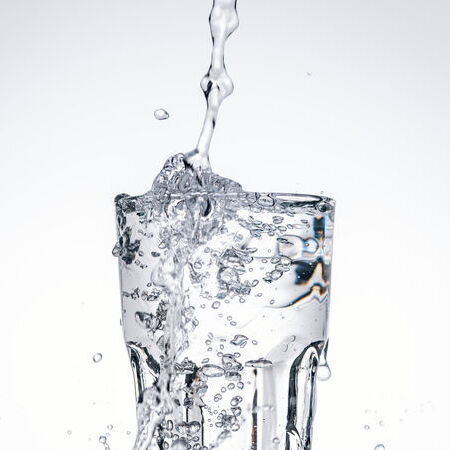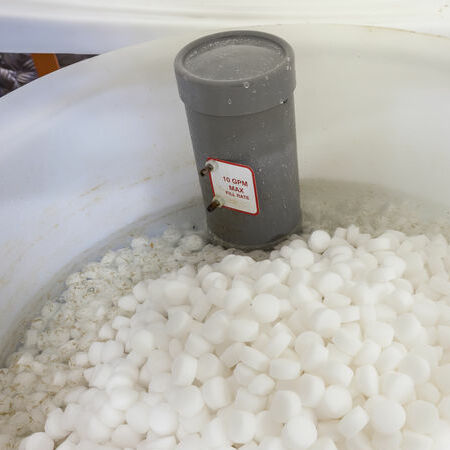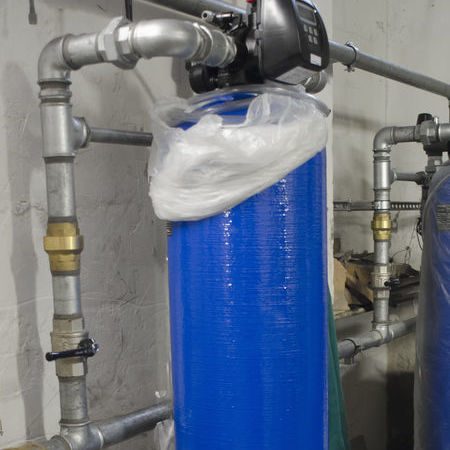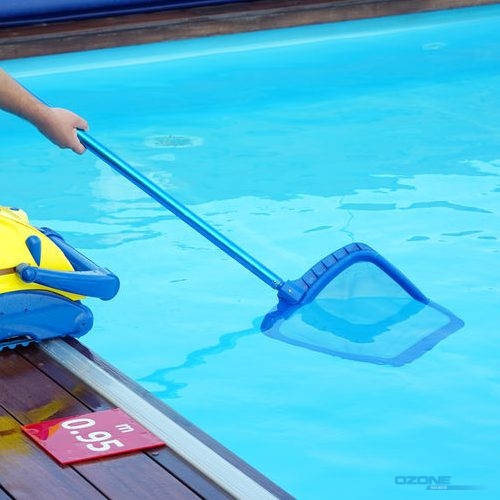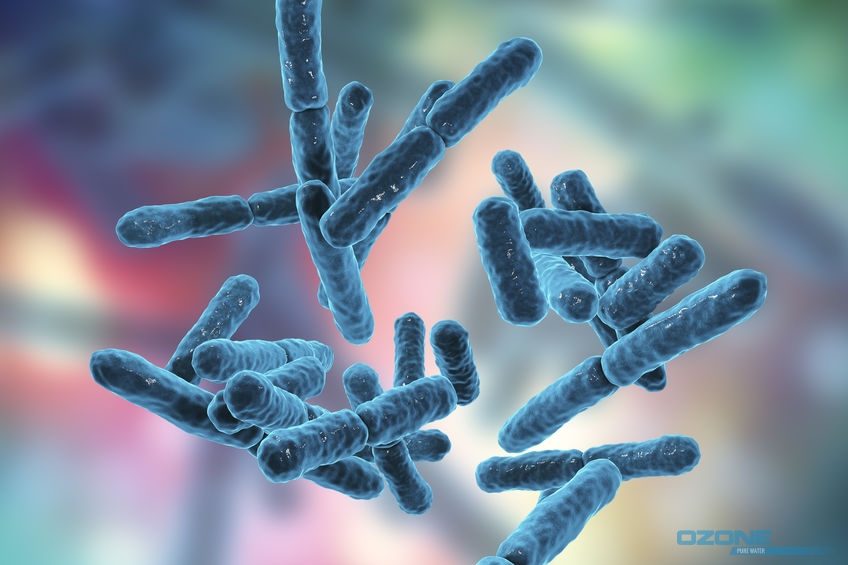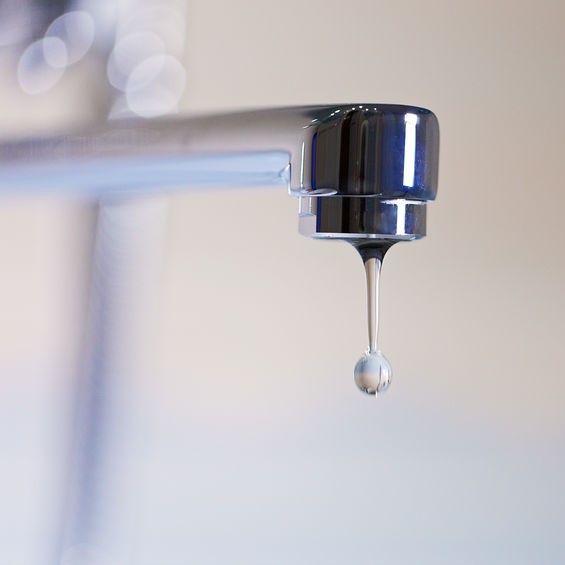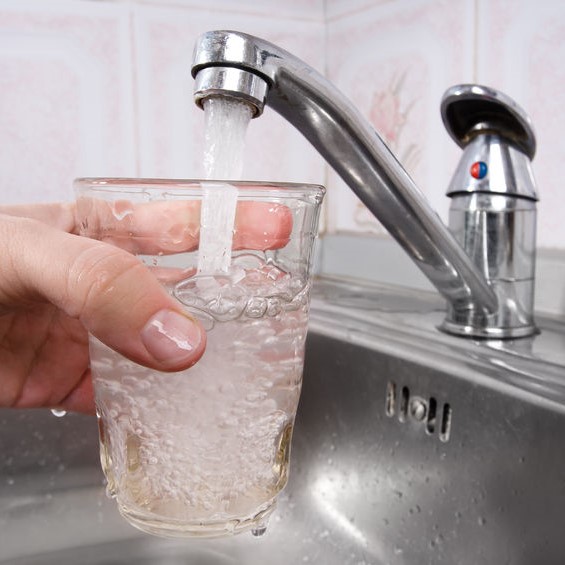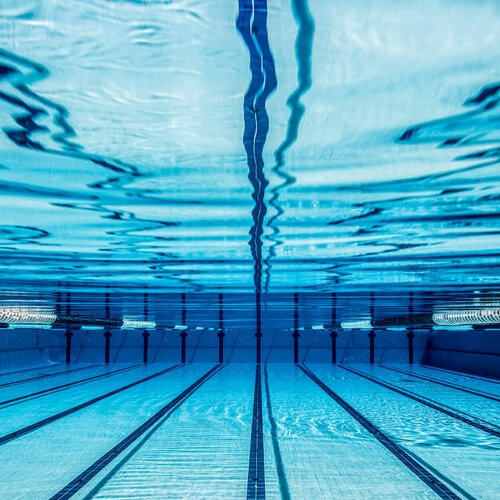
Why do we put chlorine in water?
Sometimes, you can get too much of a good thing, like overeating at Thanksgiving, being out in the sun too long, or like having chlorine in water. Yes, while it is needed, having too much chlorine in water is bad for you. So, how much chlorine in water is safe? According to the CDC (Centers for Disease Control and Prevention), consuming as much as four milligrams per liter is considered safe for drinking. Any amount higher than that is at risk of being harmful.
What are the results of chlorine in water and health effects to humans?
There is chlorine in the water of swimming pools. So, if you have ever swum in a swimming pool, there’s a good chance you swallowed some water. You may have felt a little sick to your stomach after a long day in the pool, but it wasn’t enough to be harmful.
In the 1800s, it was discovered that the water people were drinking was making them sick. Cholera, dysentery, and typhoid were discovered to be waterborne diseases that were causing many of the illnesses. This is why chlorine was added to minimize the rates of those getting sick from drinking water. While the initial introduction of chlorine in water as a disinfectant did lower the rates of disease in city-dwellers safely, if it was not diluted enough, even being non-toxic, that chlorine in water had harmful effects,
Still today, ingesting too much chlorine in the water from the tap can have several harmful health effects because of the THMs (trihalomethanes) that can occur. THMs are the results of tiny particles forming in chlorinated water, a chemical compound that causes the following:
- Asthmatic Symptoms: Exposure to chlorine in water of swimming pools has shown an association with increased symptoms of asthma in swimmers, including swimmers that never had any indication of asthma before. Even the water you bathe in, there is chlorine in water that is absorbed into your skin and the chlorinated steam is breathed in as well, both aggravating asthmatic symptoms.
- Food Allergies: Chlorine in water has been proven to create a food allergy effect because of the dichlorophenols found in the water. Dichlorophenols are also found in pesticides. Some participants with a high level of dichlorophenols during studies were noted to have the highest amount of food allergies. The studies were performed with the dichlorophenols in pesticides, not chlorinated water, but the effects were similar.
- Congenital Abnormalities: In Taiwan, approximately 400,000 individuals were part of a study that found women exposed to trihalomethanes in the chlorine in water while pregnant at a higher rate of giving birth to children with birth defects like a cleft palate, ventricular septal defects, or a hole in the heart that affected their brain development.
- Cancer: THM products found in chlorine in water was discovered to be a potential for contracting cancer of the bladder and rectum in a 1995 study. Chlorine in water was said to have accounted for 5,000 cases of bladder cancer and 8,000 cases of rectal cancer in the United States annually. A slight connection between carcinogenesis and chlorine in water was found possible but the link wasn’t confirmed and is still being studied.
Why use chlorine in water treatment?
For all the bad things that chlorine in water can cause, it comes from a natural product, ordinary salt, and is an essential mineral. It has improved, even saving billions of lives. Chlorine in water is essential as a chemical building block that makes water safe for consumption. From the food and water we consume to the medications we take, even our cellphones and computers depend on chlorine.
If not for chlorine in water, we would still have people dying from cholera, dysentery, and typhoid today. So, when we wonder, what is chlorine in water for anyway, it eliminates the algae and other aquatic life that we don’t need to consume by being added to raw water. Otherwise, the microorganisms that are healthy for human consumption can also be found in that raw water with pathogens that are not good for human consumption.
Too much chlorine in water is determined by what methods?
So we know simply by swimming in a pool that chlorine is needed to disinfect the water. It is also used for disinfecting emergency water supplies. Today, it is considered to still be the best and safest way to make water safe for consumption. However, as we mentioned in the beginning, too much of a good thing can be bad for you.
This means that if there are illnesses happening in your home, then testing the amount of chlorine in water is needed. A quick and simple way is with a DPD indicator test (diethyl paraphenylene diamine) a comparator. One tablet of DPD added to a water sample will turn the water red.
The level of the color is measured against a chart of standard colors that give us the concentration level of chlorine in water. The deeper color of red, the higher the concentration of chlorine in water.
Do we know how chlorine dissolves in water?
Chlorine in water can be removed by an activate charcoal filter. The surface of the charcoal will absorb the chlorine ions as the water runs through.
What happens when chlorine water is exposed to sunlight?
With exposure to sunlight, chlorine in water reacts by form HCIO (hypochlorous acid) which breaks down into hydrochloric acid & oxygen gas. The result is the colorless and odorless gas of oxygen and hydrochloric acid.
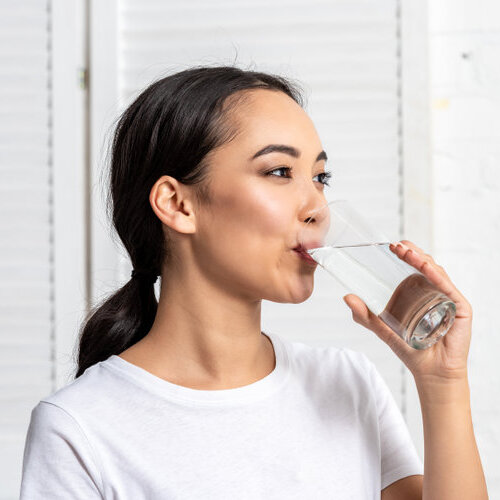
In Closing – Just What Does Chlorine in Water Smell Like?
If you’ve swam in a pool that has recently had chlorine added, you know the smell.
It is a bleach-like odor. With a freshly chlorinated pool, your eyes will typically burn a little until you’ve become accustomed to the water and the chlorine disinfects the water. If you are seeking help with cleaning up chlorine in water in Leander, TX reach out to Ozone Pure Water at 800-633-8469.

